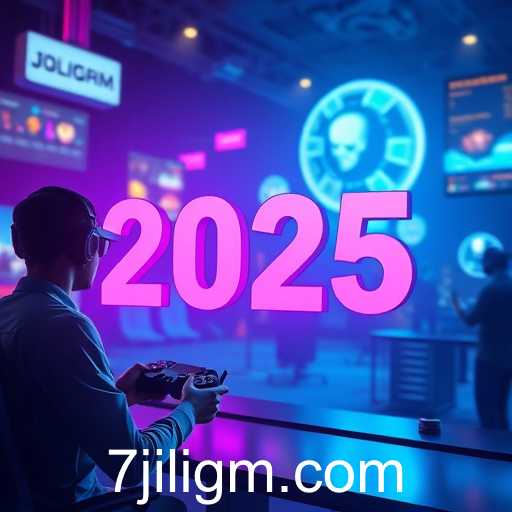As we navigate through the year 2025, the realm of online gaming has seen unprecedented growth and transformation. Platforms such as jiligm and others have ushered in a new era of gaming experiences, integrating advanced technologies and expanding the social aspect of gaming globally.
The most pivotal shift has been the widespread adoption of artificial intelligence and machine learning within game mechanics. These technologies have enabled games to offer more personalized and adaptive experiences, adjusting difficulty levels and storylines based on player behavior and preferences. This has not only enhanced player engagement but also introduced a new dimension to competitive gaming.
Another significant trend in 2025 is the continued rise of virtual reality (VR) and augmented reality (AR) in gaming. These technologies have matured considerably, with VR headsets becoming more affordable and AR applications expanding beyond traditional gaming environments. Platforms are now offering fully immersive experiences that blur the lines between the virtual and real worlds, providing players with unprecedented levels of interaction.
Parallel to these technological advancements is the growing emphasis on social connectivity in games. Platforms like jiligm are increasingly serving as social hubs, where players can connect with friends, form communities, and engage in collaborative gaming experiences. This shift has been further catalyzed by the integration of cross-platform play, allowing gamers to interact regardless of their choice of device.
Moreover, the gaming industry in 2025 is also facing critical discussions around data privacy and the ethical use of AI in gaming. As games collect massive amounts of personal data to enhance player experience, there is a growing demand for transparency and stringent data protection measures. The debate about the ethical use of AI, particularly in terms of content generation and player interaction, remains a hot topic among developers and regulators alike.
Looking ahead, the future of online gaming promises to be even more dynamic, with innovations such as quantum computing and blockchain technology poised to become integral parts of gaming ecosystems. As these technologies further develop, they are expected to revolutionize game design, distribution, and player engagement.
In conclusion, the online gaming sector in 2025 is characterized by rapid technological advancements, increased social interaction, and ongoing ethical discussions. As platforms continue to evolve, they will undoubtedly redefine the boundaries of what is possible in both gaming and social experiences.








